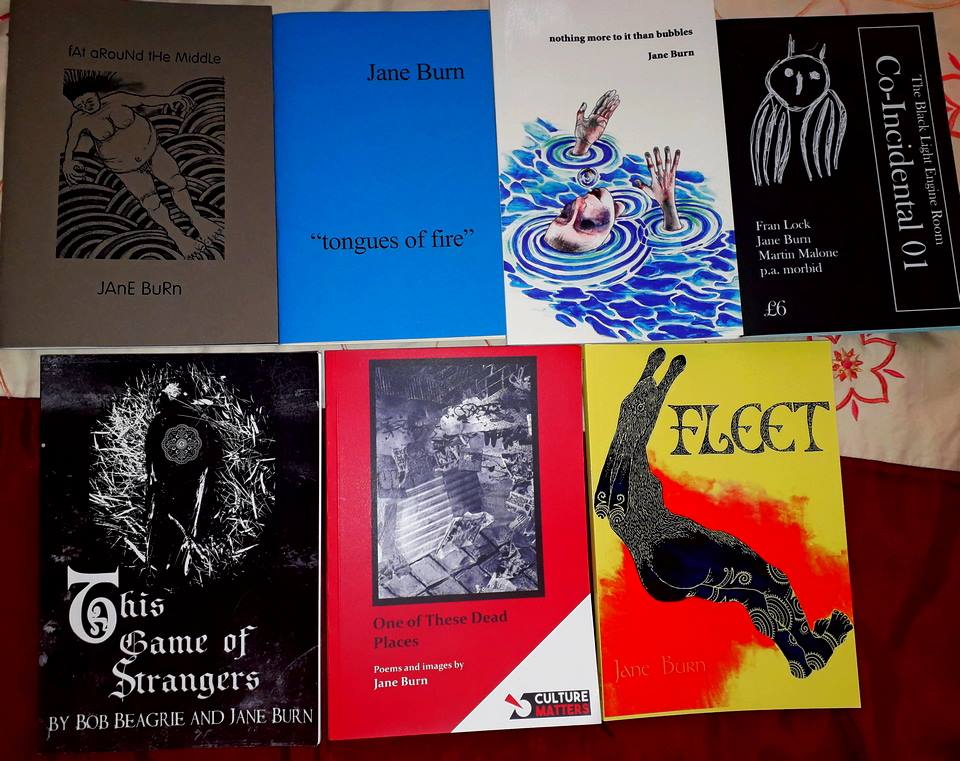
JANE BURN – POETRY AS HARD GRAFT, INSPIRATION, REACTION OR EXPERIMENT?
I interviewed poet & artist Jane Burn who won the Michael Marks Environmental Poet of the Year 2023-24 with A Thousand Miles from the Sea.
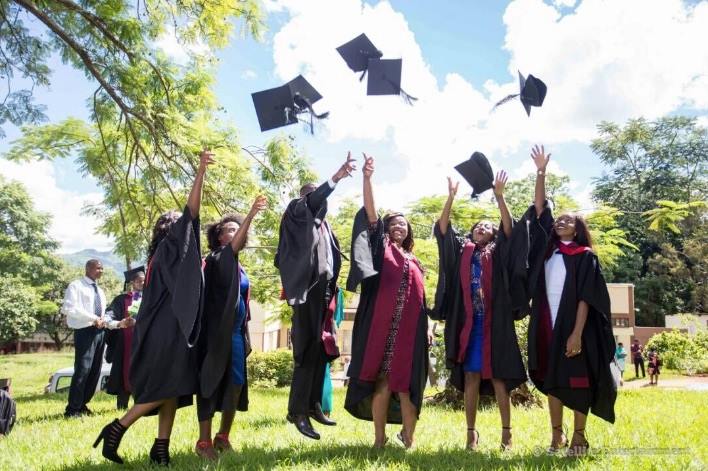
I interviewed Tamsin Lillie CEO of Medic to Medic, a charity that supports trainee health workers in Africa. Tamsin, who studied at London School of Hygiene & Tropical Medicine, is particularly active at the Medic to Medic projects based in Malawi.
Leslie: You work for Medic to Medic. Can you tell us about the charity’s history and purpose and its practical achievements, please?
Tamsin: Medic to Medic was set up in 2007. Unfortunately I can’t take credit for setting it up! I got involved with Medic to Medic whilst at university in 2009 and after I graduated in 2012 I became more and more involved and became CEO of Medic to Medic in 2014.
Medic to Medic supports trainee health workers in Africa with the costs of their university training. Our main projects are in Malawi where at any one time we support between 80-100 students across a range of health disciplines including medicine, nursing, physiotherapy, pharmacy, optometry, audiology, radiography, mental health and counselling (to name a few!). We have a small community of students in Zambia, Uganda, Kenya and Ethiopia.
Each student is guaranteed payment of their yearly tuition fees, as well as a once a semester allowance. If donations and funds allow we also provide students with a laptop, medical equipment pack and medical books. Since 2007, we have helped support over 200 health workers to qualify. We initially were working with one college, but have now expanded to support students from 12 colleges in Malawi and from one country to five!
Leslie: Looking back, can you describe what led to you being involved in relief work in Africa?
Tamsin: I’ve always had a strong interest in international health. My parents lived in Gabon before I was born and I grew up hearing stories of adventures which were unlike anything at that young age I had experience of or could even imagine! Then during my time in scouting as a young adult we spent time with a Scottish doctor in Aiud Romania where she had set up a clinic that was free at the point of access for the local community. I remember being inspired by her work ethic and passion for helping increase access to healthcare in rural communities where the burden of poverty is widespread. These experiences naturally combined my passions and led me to a career as a doctor focusing on international development.
In 2021 I spent 9 months in Malawi setting up our office base. I’ve always believed that a sustainable and enduring organisation needs its decisions controlled by an in-country team, rather than by a distant board of international trustees. Having an operational base in Malawi enables us to be responsive and keep up to date with the needs of our beneficiaries on the ground. However, it is a process that is always more time-consuming than I imagine! But our processes are getting stronger, and I am always grateful for the never-ending learning that Medic to Medic stimulates. Our in-country office base provides us with opportunities to set up local fundraising initiatives with our alumni in order than Malawi is less vulnerable to a change in international funds. If anything happens to the international team, and if we were to close (for whatever reason) then our local team with fundraising systems already in place could carry on a scaled-down version of our organization.
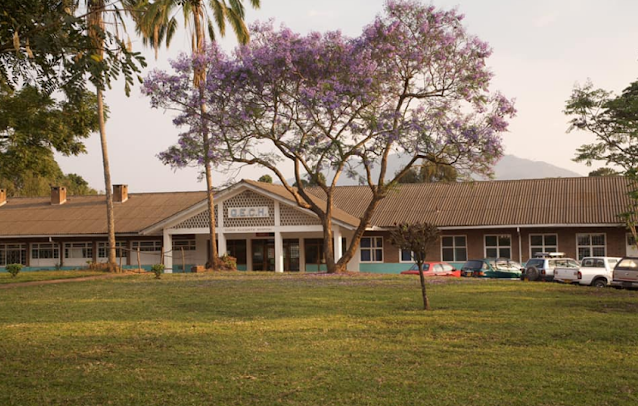
Blantyre was the obvious place to set this up – the College of Medicine, now Kamuzu University College of Health Sciences, is based in Blantyre and was our first college with whom we partnered. Here we rent a house close to the college and have two guest bedrooms, an office, a small textbook shop, a massage room and a student study room.
Leslie: Give us a picture of Malawi where you live.
Tamsin: Malawi is a beautiful country filled with warm-hearted and friendly people. There are huge challenges which are sometimes impossible or difficult to explain, in a way, that “you just can’t make that up”. The majority of the population live in rural areas with only a minority in urban towns. There is no formal waste disposal system, so many burn rubbish and even green waste on the side of the road, which can led to poor air quality within higher populated areas.
Like many African countries, there are many languages and dialects with Chichewa being the main language and English is widely spoken in towns and educational institutions. Animals, goats, chickens often roam the streets, or sometimes strapped to handlebars of bicycles or the back of bikes. Subsistence farming is one of the main ways to survive. Tea plantations and the tobacco industry are other industries, and soon marijuana plantations may become more commonplace. Unlike other African countries, Malawi does not have much in the way of other natural resources (like gold / lithium / iron etc) meaning their export industry holds less potential than other countries in the region. There are beautiful national parks, the third largest lake in Africa and many other areas of natural beauty which make it unique. In 2023 the longest and strongest tropical cyclone on record, Cyclone Freddy, swept through the southern region of Malawi, causing widespread destruction. Over 1500 people died (including a much-loved member of the Medic to Medic team) in walls of mud. This occurred at the same time as the worst cholera epidemic in a generation and compounded fertilizer shortages and currency devaluation. Malawi is incredibly vulnerable to climate change and does not have the resilience to bear its challenges.
Leslie: What are the barriers to Malawi people becoming medics and how are you overcoming them? Can you describe, please, your greatest successes.
Tamsin: The main barriers for students to go to college in Malawi is poverty. If you’re from a poor family, with a parent who earns the minimum wage, or from a family of subsistence farmers, you earn around £40 a month. Yet tuition fees are in the region of £300 a year, not including the cost of rentals (often in the city where rentals are higher), transport from your village to college may be up to £30-40 depending on where you travel from.
There are some options – you can apply for a government loan – though it’s competitive and you’ll need to pay it back at a high interest rate when you’re finished. Many students resort to selling land, possessions and then when there’s nothing left to sell, they end up selling themselves… all for an opportunity to have a better life. This exposes them to HIV and STIs. Employment as a health worker secures professional employment and the opportunity to have a better salary.

Through our scholarships we provide tuition fees, semester allowances, medical equipment, books and a laptop. We are currently developing a mentorship programme for students and a student support helpline to provide holistic supports. There is an underlying bottom line in Malawi, Medic to Medic helps overcome these financial barriers to accessing education, but we recognize there is a huge need to provide holistic supports to students. Many students are used as service provision during their training, they’re exposed to death and dying at a stage of their training when they may not have the skills to manage such conditions. Mental health challenges are a huge problem in this group of students and professionals, which is aggravated by financial challenges and poverty related to the costs of training.
The greatest part of being involved with Medic to Medic, is that we see the transition from a shy, broken student who is hopeless, transformed into a confident young health professional with dynamic ideas and enthusiasm. It’s a privilege to be part of this transition. The worst part is knowing we only have limited spaces to support students and there are so many more deserving young people throughout the region who need support to reach their full potential.
Leslie: How can readers support Medic to Medic?
Tamsin: There are various fundraising initiatives that we would love help and support with – including our recycling or fundraising programmes. Monetary donations are always gratefully received – we match donors to students in a similar way to sponsor-a-child schemes. It costs around £600-£1000 a year to help train a health worker (depending on the course and college). Otherwise, we also need help in coordinating meetings and programme initiatives. If you may be able to help us – please get in touch Get Involved | Medic To Medic.
Next week
ABOUT LESLIE TATE’S BOOKS:

I interviewed poet & artist Jane Burn who won the Michael Marks Environmental Poet of the Year 2023-24 with A Thousand Miles from the Sea.
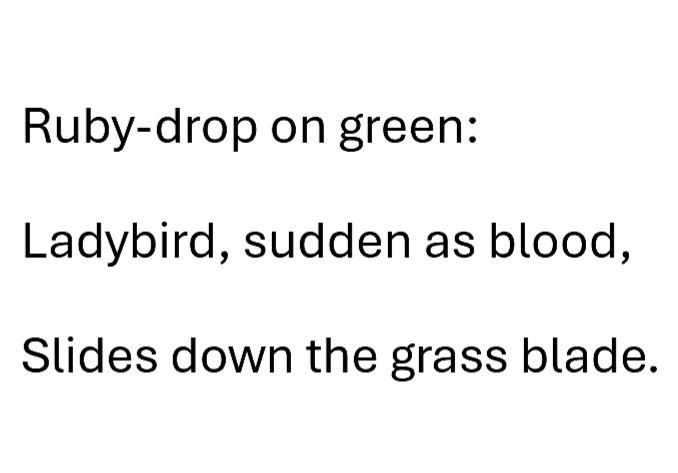
I interviewed ex-broadcaster and poet Polly Oliver about oral and visual poetry, her compositional methods, and learning the Welsh language. Polly says, “I absolutely love
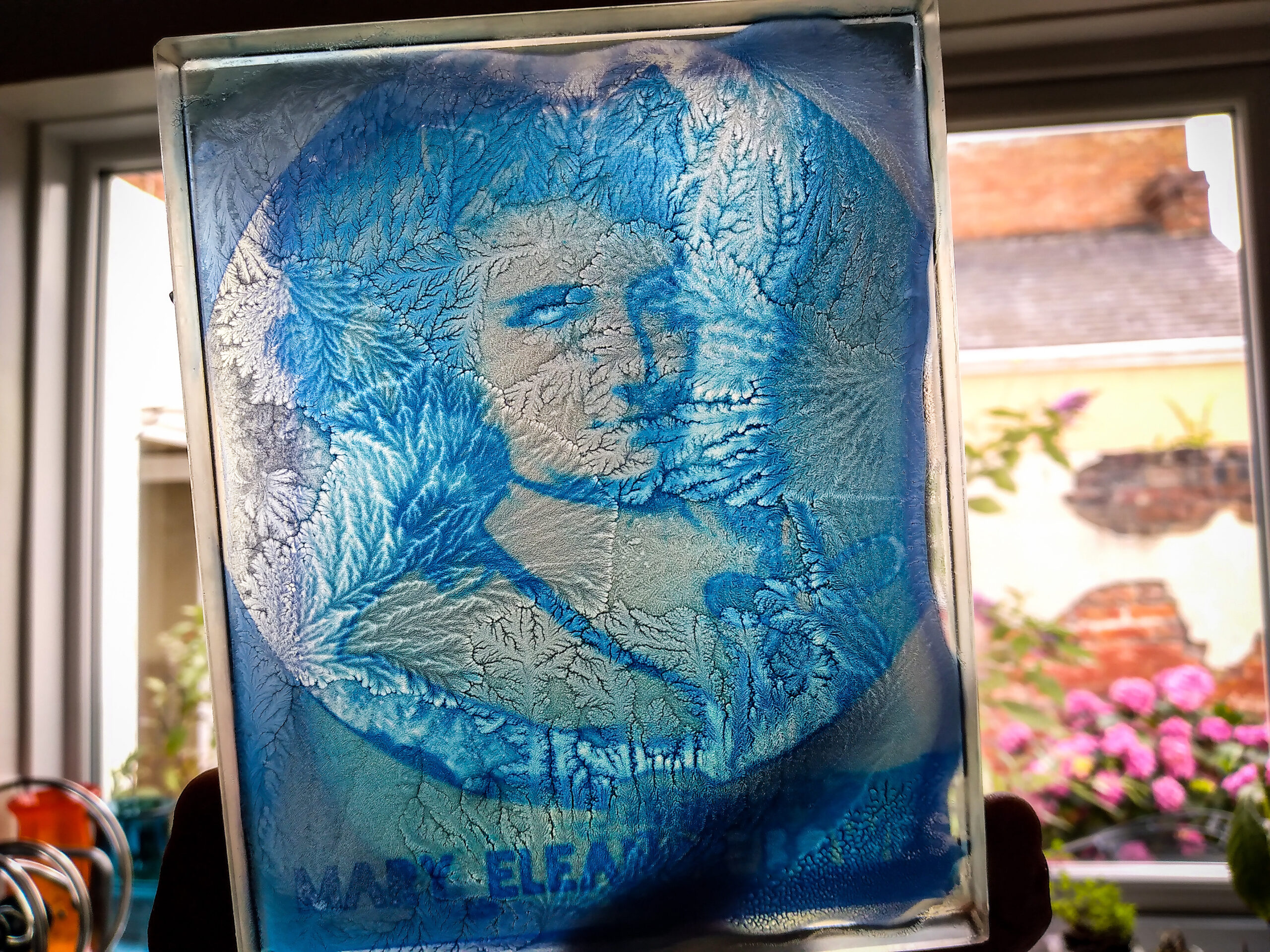
I interviewed Jo Howell who says about herself: “I’ve been a professional photographic artist since I left Uni in 2009. I am a cyanotype specialist.
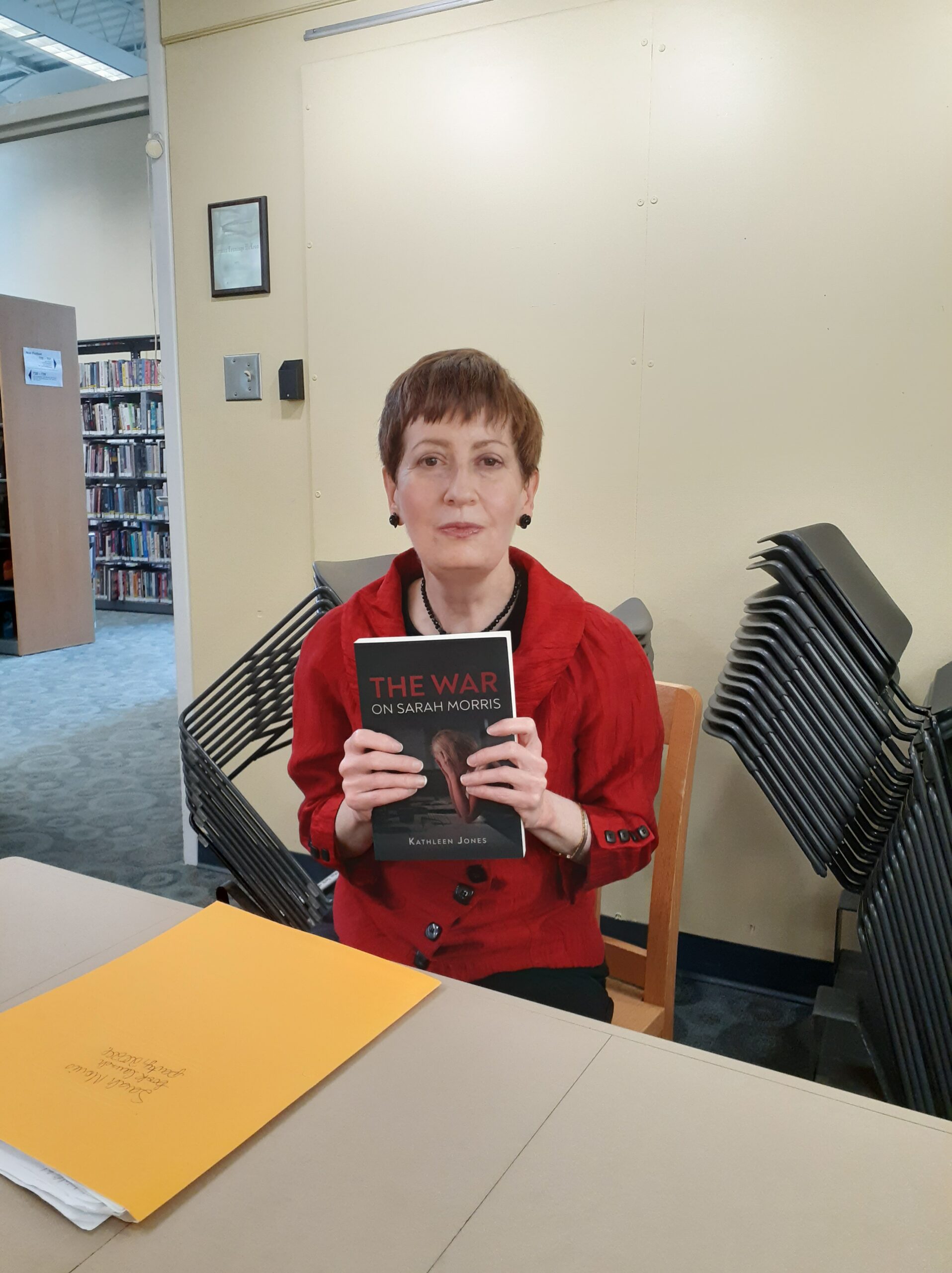
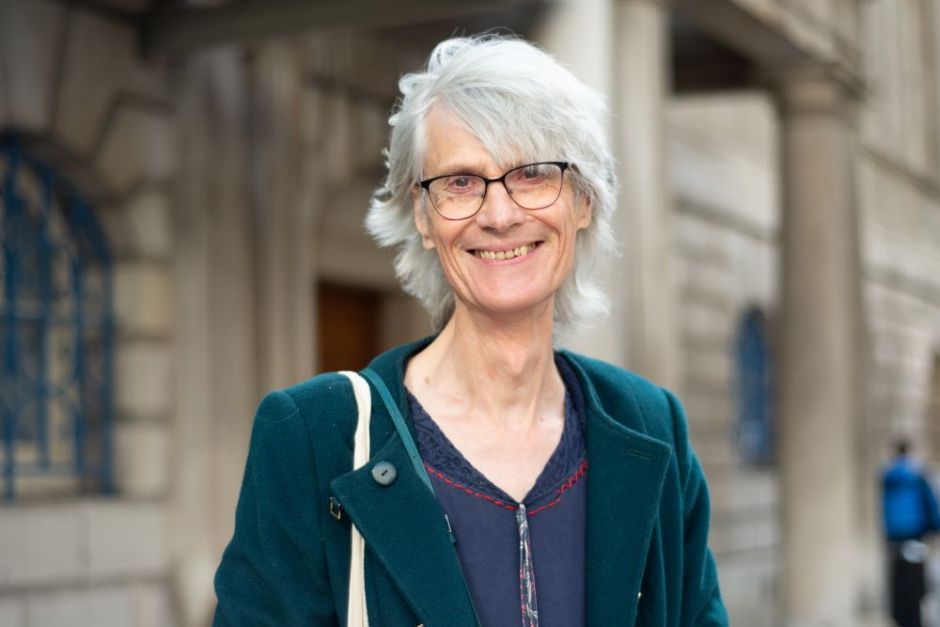
Poet Tracey Rhys, writer of Teaching a Bird to Sing and winner of the Poetry Archive’s video competition reviews Ways To Be Equally Human. Tracey,
| Cookie | Duration | Description |
|---|---|---|
| cookielawinfo-checkbox-analytics | 11 months | This cookie is set by GDPR Cookie Consent plugin. The cookie is used to store the user consent for the cookies in the category "Analytics". |
| cookielawinfo-checkbox-functional | 11 months | The cookie is set by GDPR cookie consent to record the user consent for the cookies in the category "Functional". |
| cookielawinfo-checkbox-necessary | 11 months | This cookie is set by GDPR Cookie Consent plugin. The cookies is used to store the user consent for the cookies in the category "Necessary". |
| cookielawinfo-checkbox-others | 11 months | This cookie is set by GDPR Cookie Consent plugin. The cookie is used to store the user consent for the cookies in the category "Other. |
| cookielawinfo-checkbox-performance | 11 months | This cookie is set by GDPR Cookie Consent plugin. The cookie is used to store the user consent for the cookies in the category "Performance". |
| viewed_cookie_policy | 11 months | The cookie is set by the GDPR Cookie Consent plugin and is used to store whether or not user has consented to the use of cookies. It does not store any personal data. |